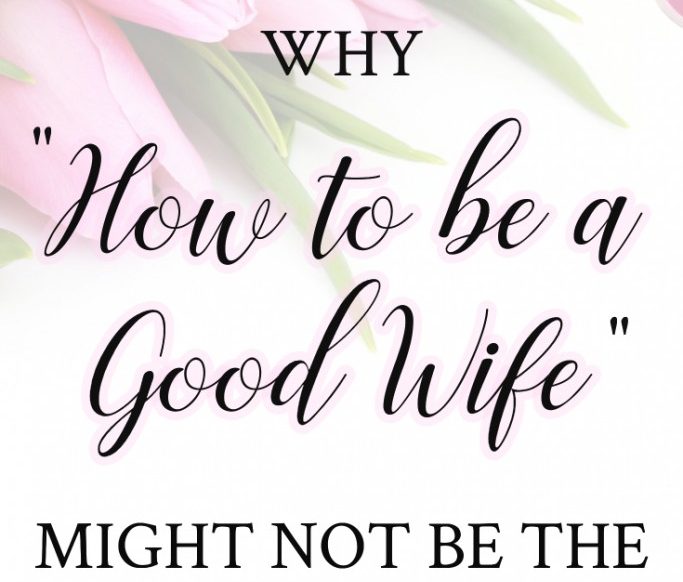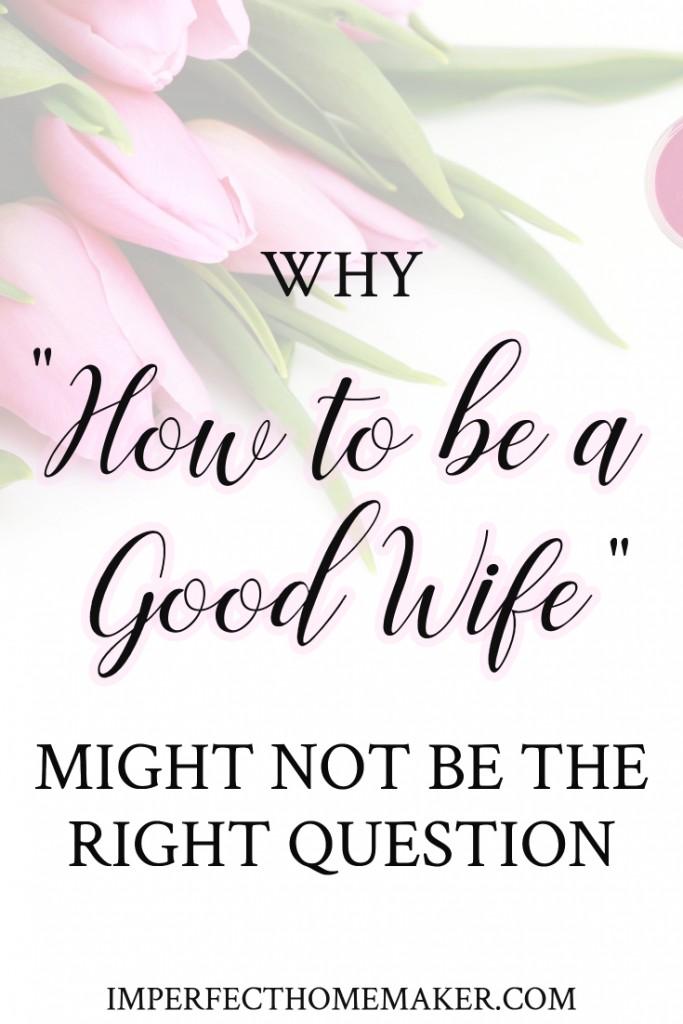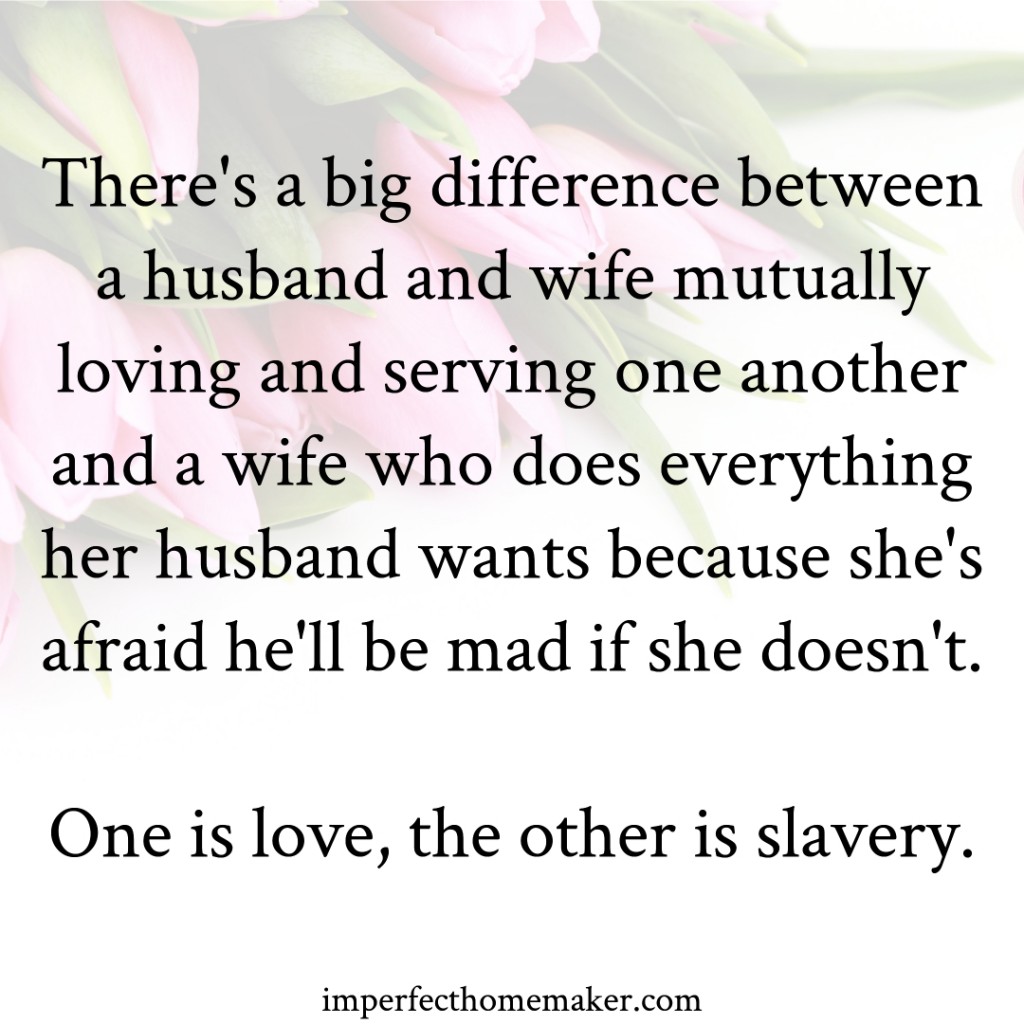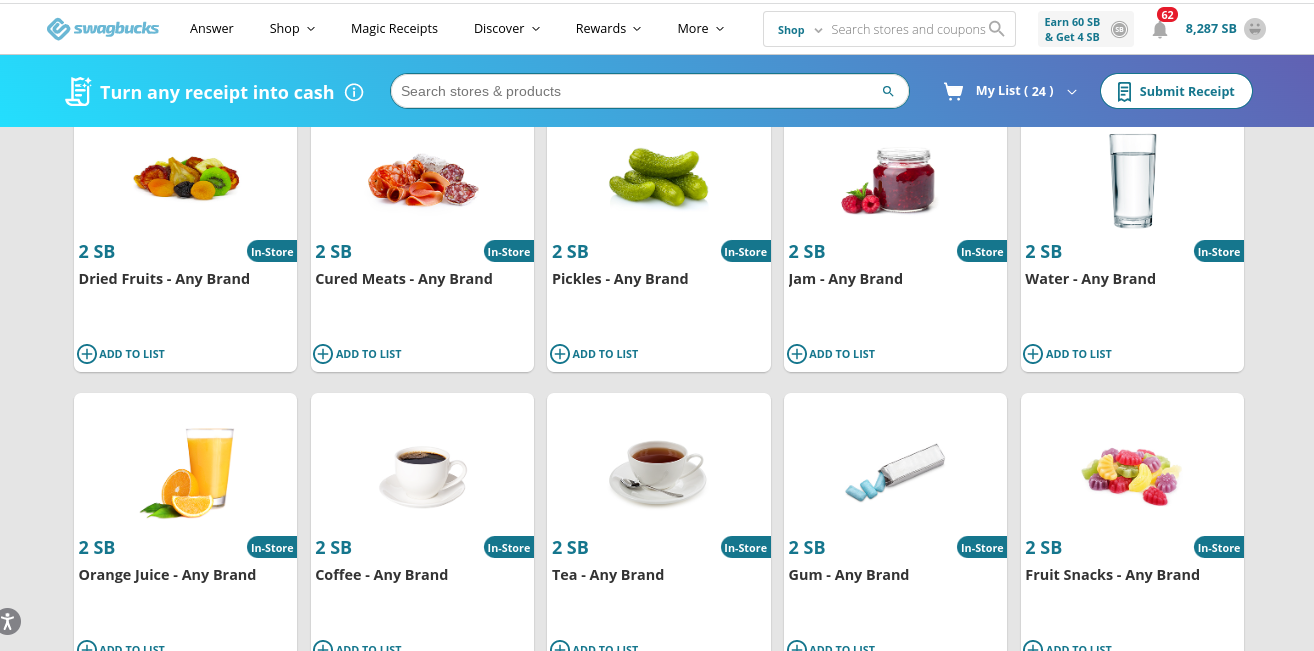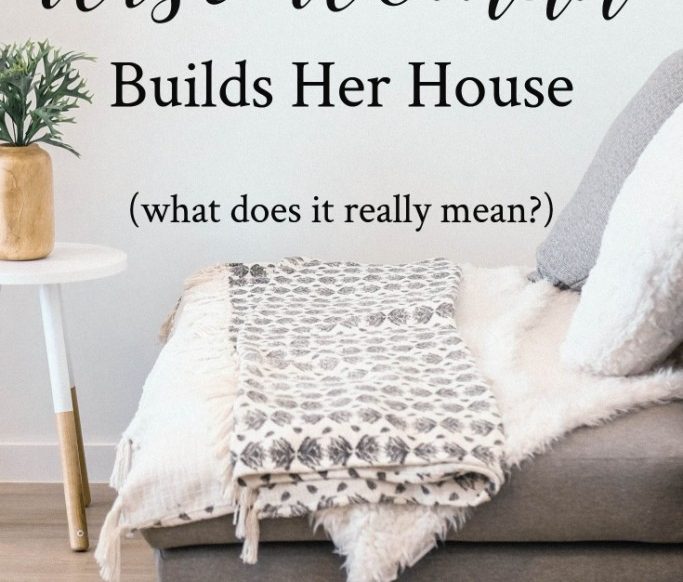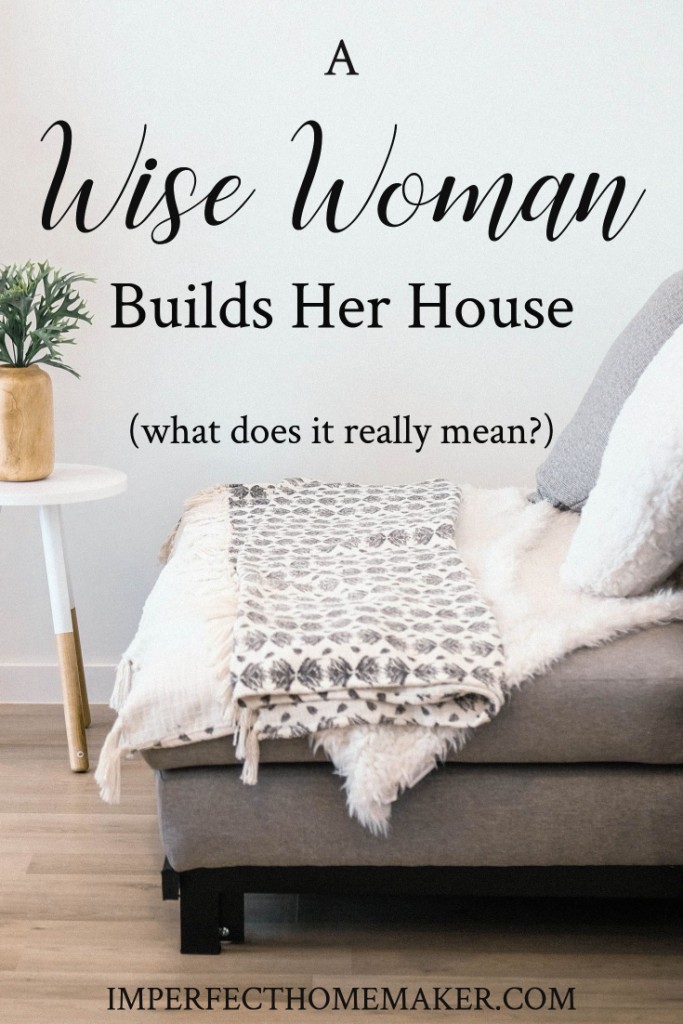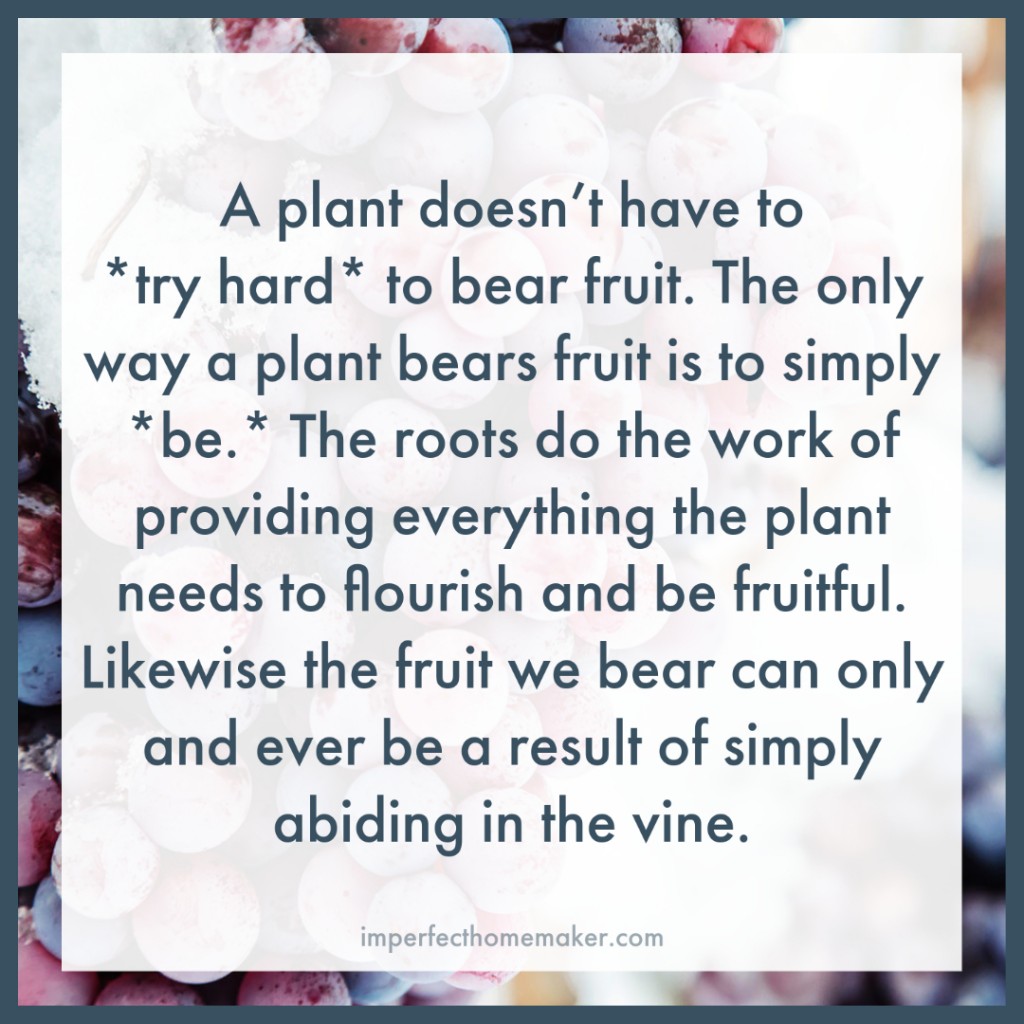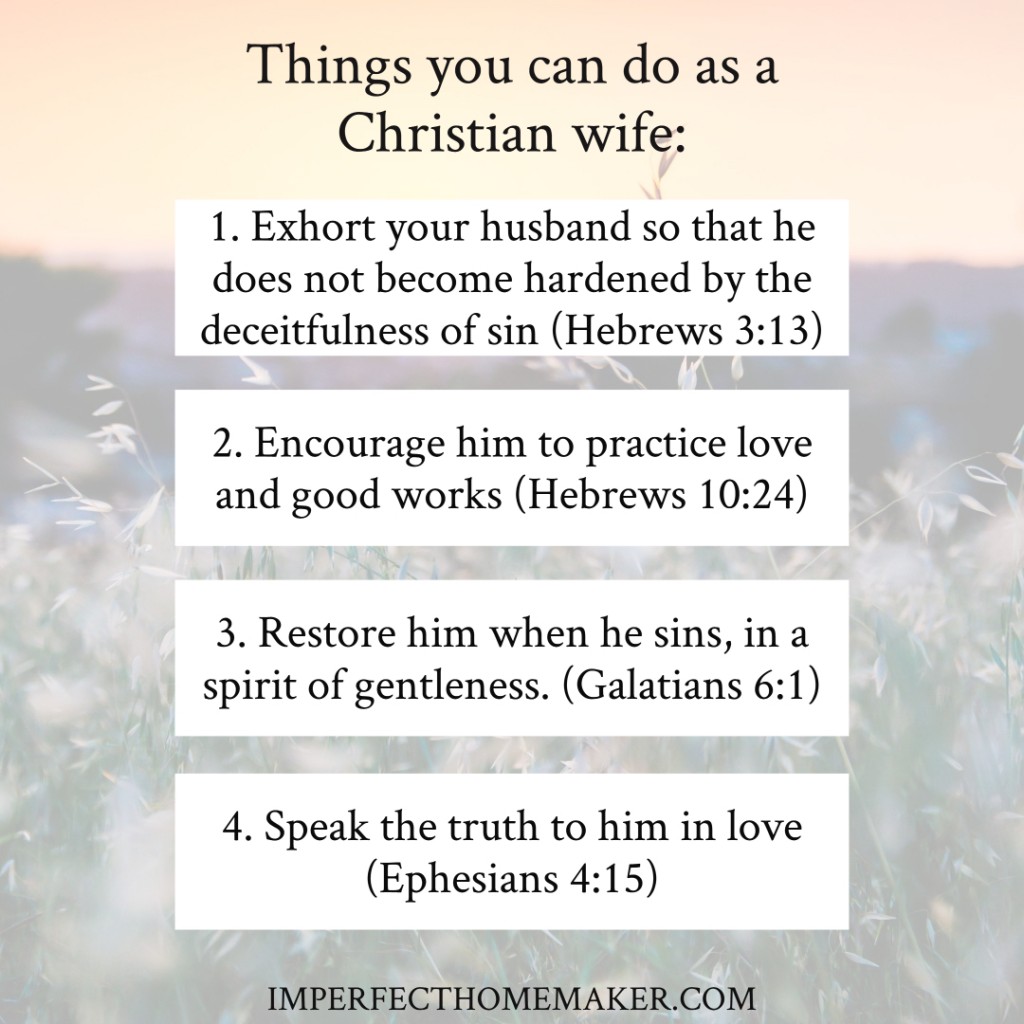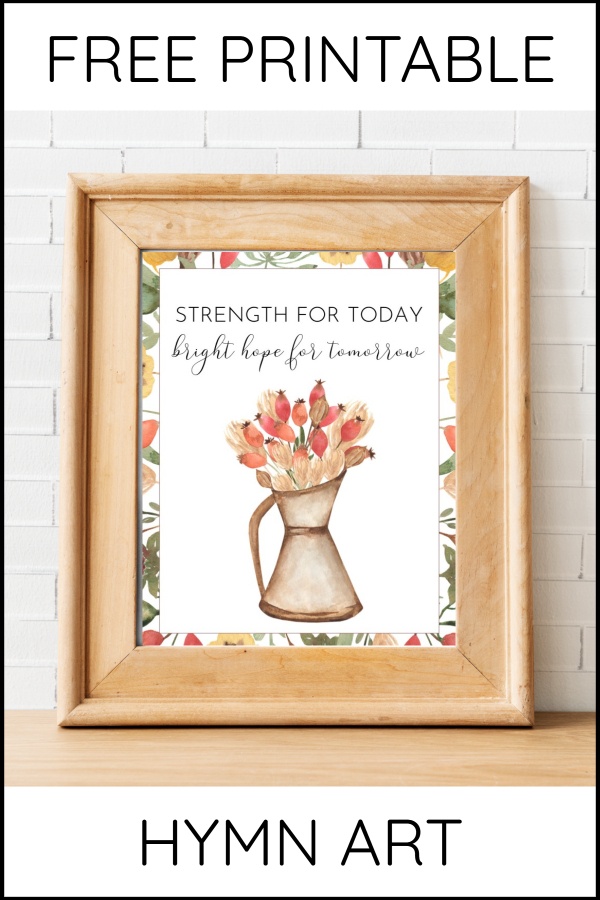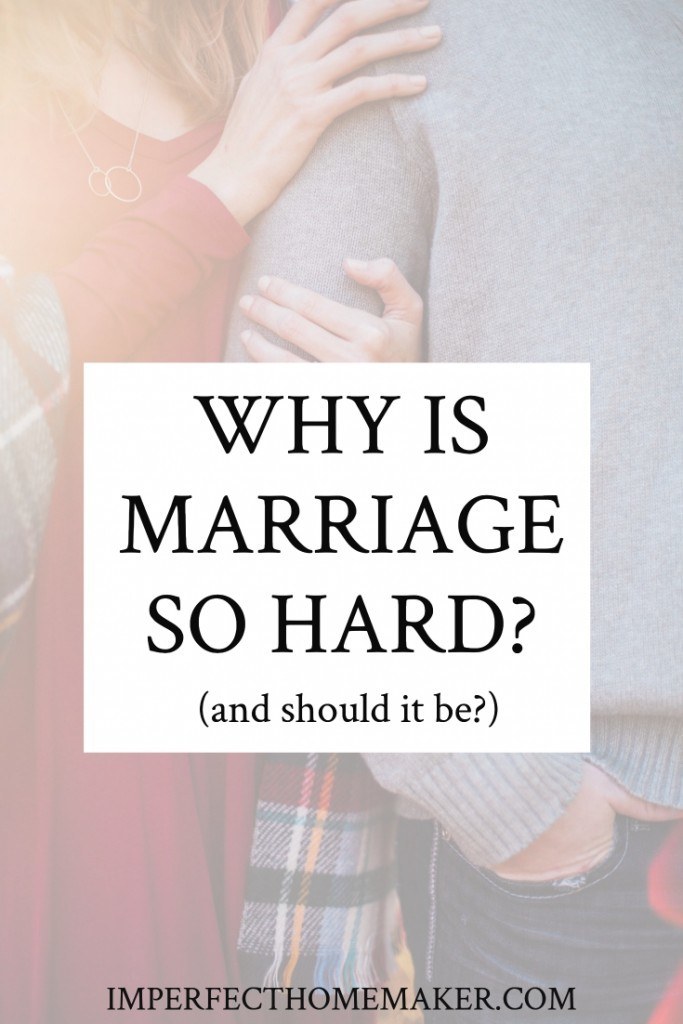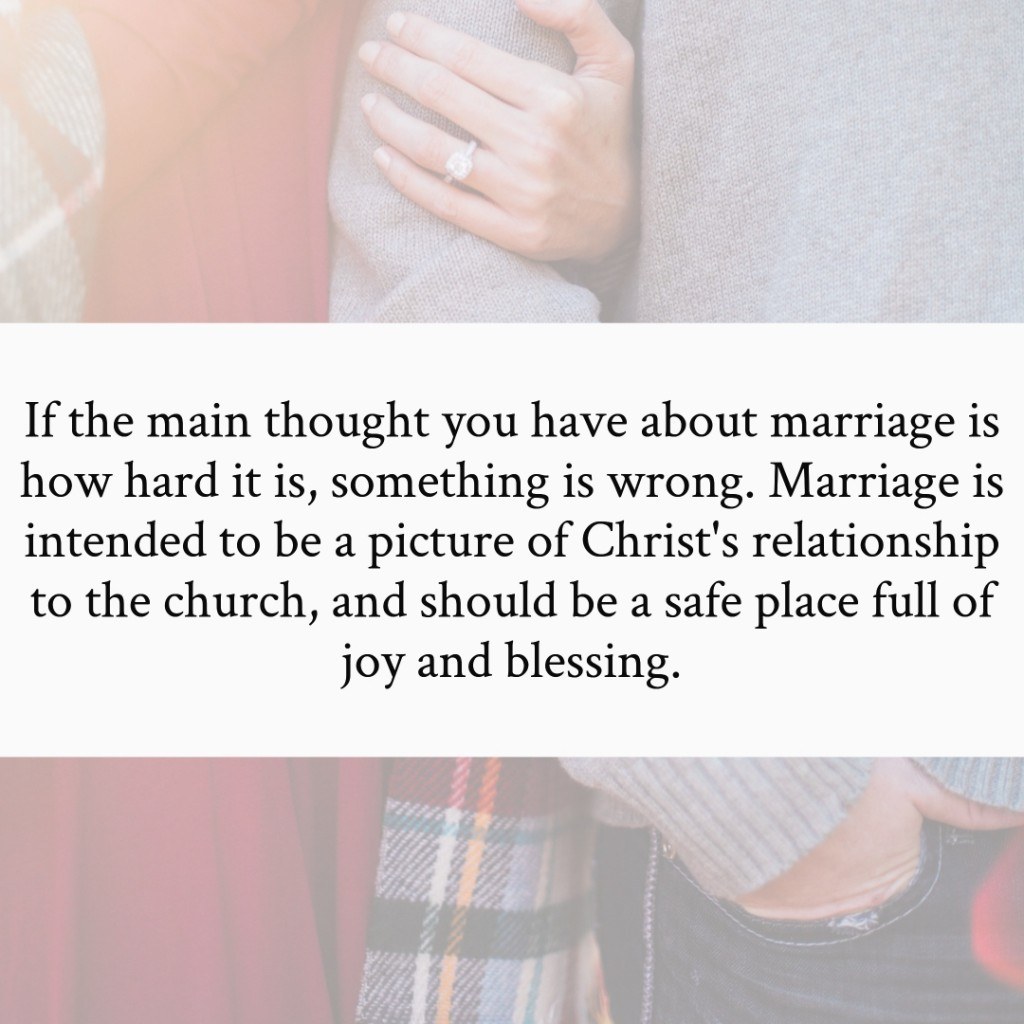Why “How to be a Good Wife” Might not be the Right Question
“How to be a Good Wife” is a question I sometimes receive here, and it's a question I see come up frequently around the internet.
Generally I explore that question one-on-one with the person at the other end of my inbox. I find out more about why they're asking, and we have a conversation about it that is relevant to the details of their specific situation.
But for those who are searching publicly available books and articles to find answers to their pressing question about how to be a good wife, I want to address some of the common themes that I see regarding this question.
Basically, I have two main points:
- Sometimes asking how to be a good wife is a great question to ask!
- Sometimes asking how to be a good wife is not the right question for your situation.
So let's dive into what I mean, ok?
When I was first married, being a wife was all new to me. I loved my husband so much, and I wanted to be the best wife I could be for him. He also wanted to be the best husband he could be for me, and we set about learning and growing together as a couple. We would talk about our likes and dislikes, and we would ask each other questions to learn more about how we could better serve the other person.
Because we loved one another, we wanted to please one another, and we learned everything we could about how to best do that. As the wife in the relationship, the question from my end was how could I be a good wife, and it was a good and healthy question to ask myself.
Yet even in a relationship where both of us were mutually loving and serving the other, I discovered a pitfall where the question of how to be a good wife could be taken too far. This pitfall came in the form of books and articles that are written to Christian wives. Now, I'm not saying that no one should ever write books or articles for Christian wives (it's what I'm doing right now, after all!) But what I discovered was that many of these Christian women's books go far, far beyond what the Bible actually teaches. Instead, they offer up collections of opinions that pass as “Biblical” teaching but are really man-made (or woman-made) rules about things that a good wife should do.
My husband and I are both book lovers, and we hadn't been married long when we came across a thrift store that had piles and piles of books that were all free! Wow! I was in heaven! Because the books were free, I was pretty quick to add anything to my cart that was by a Christian publisher, whether I was familiar with it or not. I figured if they weren't any good I could toss them later.
My husband was the bread-winner and I chose to be a stay-at-home wife. This meant that before I had children I had lots of time to read. But I wasn't just sitting around relaxing; I was reading all the books from that thrift store that teach women how to be good Christian wives. I wanted to learn as much as I could! But boy, did I have a rude awakening. These books weren't teaching how to be a good wife at all. Their implicit and explicit messages were teaching that men have “needs” and that wives were created to meet them. They were teaching that to be a good wife meant submitting to your husband even when he is harsh, cruel, and selfish (aka letting him always have his way like a spoiled child.) That isn't what it means to be a good wife; that is enabling your husband's sin and selfishness. (I just read this fantastic Facebook post that speaks more on this subject.)
I haven't picked up any of those books for many years, but recently I've pulled some of them back off the shelf because I get messages sometimes asking me what I think about some book or another. Inside I find the scribblings I wrote all those years ago refuting what the author had said. I wrote things like, “That's not in the Bible, but they keep using the words ‘biblical advice', which puts a guilt trip on the reader, making them feel that if they don't follow this man-made list of ‘rules for good wives', they'll be disobeying God!”
There were plenty of books with overt messages teaching women to cater to selfish, domineering husbands. But perhaps even more dangeous was the subtlety of all of the books with more palatable, yet still wrong, messages about what it means to be a good wife. These are everywhere. In bygone years, I have written such articles myself right here on this blog. These are the articles and books that tell you that you need to keep your house cleaner. That you should be a wise steward of your family's money. That you should make your home warm and inviting. Don't get me wrong – these things are not bad. But what I've seen in my own life and many other women I know is that the cumulative message of all of these books and articles is that being a good wife is about what you do.
However, being a good wife isn't about doing more, more, more.
Being a good wife is about who you are. The point is not to “do all the things” in order to build up your home. The point is that when you seek to be a wise woman, the natural result is that your home will be built up.
Ok, so far I've addressed that asking “how to be a good wife” can be a good question when the dynamic is that both the husband and wife are simply seeking to know how they can best love and serve one another.
I've noted that even with this dynamic you need to be aware of the pitfall of thinking that your value as a wife is found in the things that you do.
Now I want to address a different marriage dynamic in which many women find themselves.
This is the dynamic where the husband believes he is king of his castle and that his wife exists to serve him. In this relationship, a husband has expectations for his wife that can extend into any area(s) of her life. For example:
-What she cooks
-The way she cleans
-The way she dresses
-Who her friends are
-Which groceries she buys
-Where and when she goes places
-How she manages her health, weight, or fitness
-And so many more.
These expectations may or may not be verbalized, but the wife in this relationship knows that her husband expects her to behave a certain way. How does she know this? Because when she does not meet those expectations, there are negative consequences.
Over time, she recognizes a pattern that when she has not pleased her husband, she may receive some form of the following:
-Silent treatment
-Withholding intimacy or on the flip-side, forced sex
-Verbal abuse or put-downs
-Rage
-Intimidation and threats
-Physical aggression – punching holes in walls, breaking things, driving dangerously
-Physical abuse (note: he doesn't have to punch you for it to be physical abuse. Examples: pulling hair, dragging, grabbing, pushing, spitting, blocking in a room, pinning against a wall)
My friend, let me put it honestly. If you are in a relationship like this, you are experiencing what is called coercive control. A husband who acts this way is abusive. I strongly urge you to read more about what coercive control looks like here.
I have received messages from wives in this type of relationship, and the question is almost never, “How can I stay emotionally and physically safe?” The question is usually, “How can I be a better wife?”
See, a husband who believes he is entitled to having everything he wants, when he wants it, the way he wants it, will always use manipulative words to turn everything he doesn't like in life to be his wife's fault. At first, she will find ways to explain hurtful situations to herself when they happen. “Oh, I must have misunderstood him. Surely he couldn't have meant it that way, right?” But as time goes on, hurtful things continue to happen, and every time he tells her it's her fault, she begins to wonder if maybe she really is the problem.
“Maybe I just need to be a better wife.”
“If I could just be:
-More respectful (which to an entitled husband just means more catering to whatever he wants)
-More organized
-A better cook
-Better at managing my time
-More sexy
-etc.”
“Maybe he has a reason to be irritated with me, and I just need to get my act together as a wife.”
This dynamic is when asking how to be a good wife is not the right question.
If your husband is controlling, selfish, a chronic liar, or has a pattern of engaging in otherwise hurtful behavior, you are not the problem.
I'm not saying that you've never sinned or never made a mistake as a wife.
I'm saying that searching for ways to be a better wife will not make your husband stop being selfish, controlling, deceptive, and hurtful to you.
If the above relationship sounds like yours, it's time to stop asking how to be a good wife, and it's time to start asking what you are going to do to get physically and emotionally safe.
And if you are the friend of someone who confides in you about her husband's chronic mistreatment, don't give her books about how to be a better wife.
There's a big difference between serving your husband because you want to, and doing it because he's going to be mad if you don't.
One is love, the other is slavery.
When your solution to a demanding and entitled husband is to work harder and harder to meet his expectations, you are catering to his ungodly belief system — the belief that all of life revolves around him, and that you are responsible for his happiness. He is idolizing you as the source of his happiness and fulfillment, and his goal, although he might not even realize it, is for you to idolize him by centering your all of your thoughts and actions around appeasing him like an unpredictable god.
So, if “How to be a better wife” isn't the question to be asking in a marriage like this, what can you do?
Here are some excellent resources that can help you get started sorting out your situation and deciding what your next step should be:
The Emotionally Destructive Marriage by Leslie Vernick
Is it Me? Making Sense of Your Confusing Marriage by Natalie Hoffman
Lots of Resources at Hope for Hurting Wives
If you'd like to talk with someone, you can request an advocate from Called to Peace Ministries.
It is possible to be a good wife and to be safe at the same time.
It is possible to love your husband well while also saying no to his sin and selfishness.
Summary:
1. Asking yourself how to be a good wife is a great question in the context of a mutually loving, serving relationship.
2. Asking yourself how to be a better wife is not appropriate if your focus is on doing rather than on being. (Read this post for further explanation.)
3. Asking yourself how to be a better wife is not appropriate if your purpose is to try to stop your spouse from mistreating you, lying to you, neglecting you, or being hurtful to you in any way.
4. Asking yourself how to be a better wife will not change the wrong beliefs of your spouse.
5. If you recognize a pattern in your relationship where you keep thinking that if you were only ______ (more organized, a better cook, quieter, thinner) then maybe your husband wouldn't be in such a bad mood, there is hope and help for you (but it won't come in the form of a book teaching you how to do those things.) I highly recommend speaking with a trained advocate one on one who can help you assess the seriousness of your situation and help you determine your course of action.
If you're curious to learn more about what an abusive relationship might look like in a home that is supposed to be Christian, and want to learn how you can help someone in this situation, sign up for the email series below:

